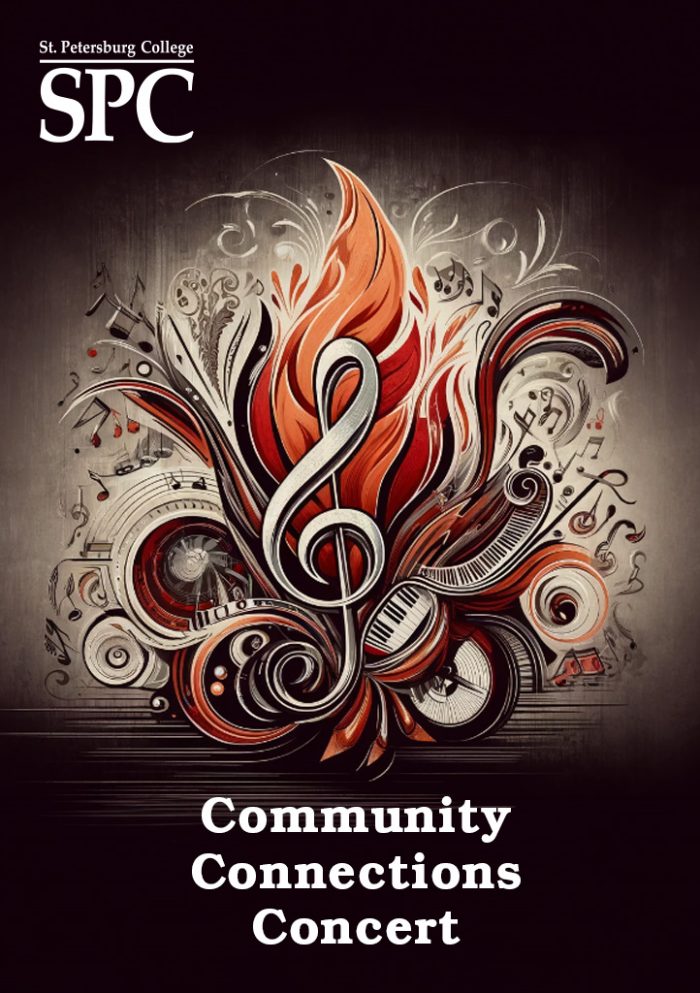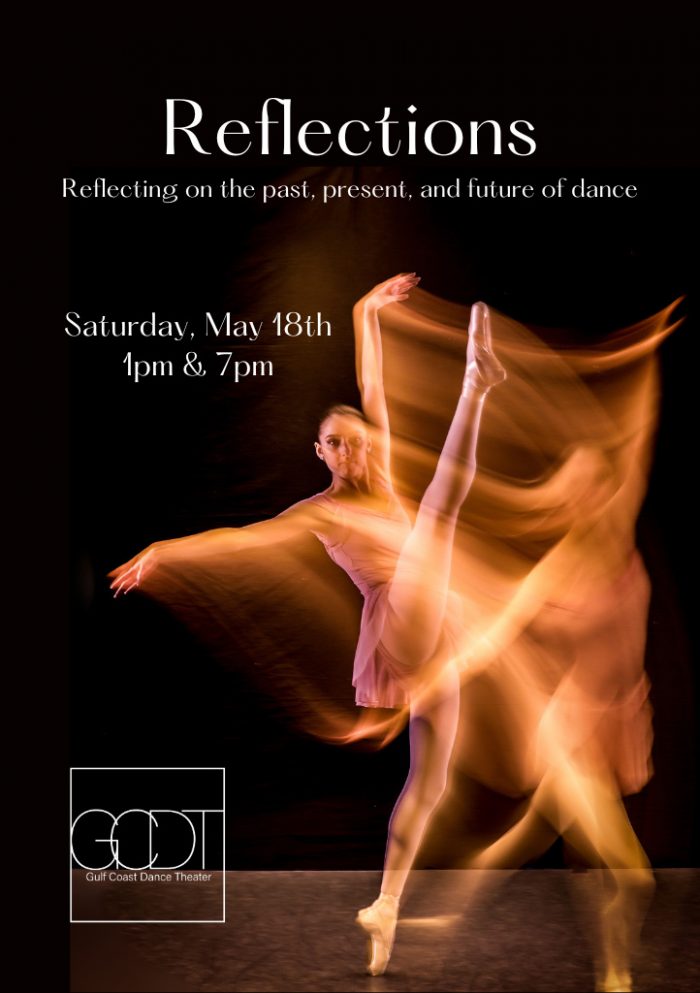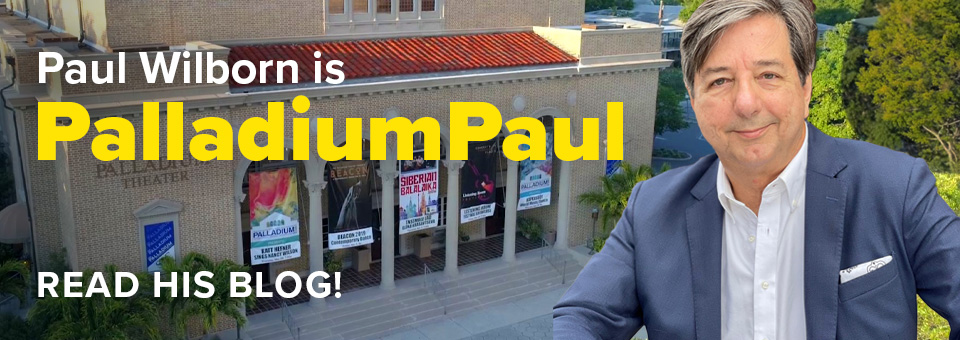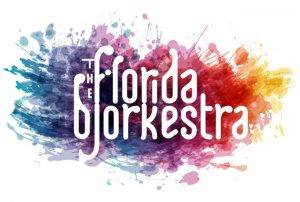To get yourself ready for Damon Fowler’s rockin’ return to the Palladium’s Side Door Cabaret this Friday (Aug. 24), and Saturday (Aug. 25), check out this 2011 interview from BluesWax Magazine. For tickets and more info on the Side Door shows, visit www.mypalladium.org.
BluesWax Sittin’ In With Damon Fowler
By Don Wilcock
Damon Fowler’s excellent second Blind Pig LP, Devil Got His Way, is out this week. Fowler said his entry into the blues was hearing his uncle’s country band, Possum Bennett and Southern Express Band, start their second set with James Taylor’s “Steamroller Blues.”
“Just the lyrics of the song kind of tickled me,” Fowler told me. “I got the innuendoes, and it was like the first time. I was like, ‘Oh, wow! I get it,’ you know? I was just, ‘That’s funny, man: He’s a demolition derby hefty hunk of steaming junk.’ That’s cool.’”
An only child who grew up with his mother and a bunch of uncles who ran a septic tank business in Florida gave Fowler a different slant on the blues from your average Joe. What wasn’t different was his ability to put himself into his songs and deliver down-home lyrics with honesty and play guitar with a tone that’s clean, often hard, and that breathes.
“You can say all you want with music and you have people get it, and a lot of times people do, but it just seems to be connecting more when you sing, and I started developing a singing style for myself and I realized then that guitar licks sound good when you treat it more like singing. You take a breath. It’s more human. It’s easier to ingest in your ears and to hear when there’s a breath.”
In 2005, Damon was in an accident that could have killed him. Instead, it just made him stronger and more determined to continue to make music. He’s going to be around for the long haul, and he’s already off to a powerful start.
Don Wilcock for BluesWax: Both of your favorite James Taylor LPs, Sweet Baby James and Mudslide Slim, were recorded long before you were born, and I noticed some of the stuff that you cover is by artists that gained popularity long before you were born. Do you think of yourself as an “old soul”?
Damon Fowler: You know, people ask me that, man. I don’t know. When I was a little kid I had asthma, and I was an only child, and so my mom and myself lived at my grandparents’ house, and I was just around adults and it was one of those things where I developed a thing where you’re speaking to adults, you speak. I wasn’t a little kid mentality for a lot of that stuff when I was growing up, and so I think that kinda helps being around a few generations of older folks and stuff. My grandparents loved bluegrass and country, and my mom liked stuff like Leon Russell, Willie Nelson, and she likes the blues. She liked B.B. A lot!
BW: How does she like your version of Leon Russell’s hit “Tightrope” on the new album?
DF: You know, she likes it. I didn’t tell her we were gonna do it or anything, and we recorded it and she saw us play it one night, and she was like, “I didn’t know you guys were gonna do that.”
BW: Was that difficult to transpose that from keyboards to guitar, or was it just a snap?
DF: Well, with the Internet nothing’s too hard anymore. You just look it up, but there’s a couple tricky spots in there, and really the timing on the break it took us a little while to understand how to feel that, but once we got it together, it worked out. It’s one of those songs. We do a ninety-minute set for the first set and present a bunch of original songs and stuff and try and engage people, and normally at the end when people are dancin’ and they’re into it, and they’re like, “One more song! One more song,” we pull that one out, man. People normally they like it.
BW: I’m an only child, too, and I grew up with two overeducated parents, and I found when I became an adult, then finally I could become the child that I never was when I was a kid. Do you find any of that in the creation of your music in the profession you’ve chosen, that you’re more of a child as an adult than you were as a child and yet you’ve got the mindset of an adult to create the music?
DF: You know it depends on the amount of tequila.
BW: [Laugh]
DF: I try to reel it in, but every once in a while I have my moments. I’d say fifty-fifty on that.
BW: Yeah, that’s where your song “Happy Hour” came from.
DF: Exactly.
BW: That’s so out of context with the rest of your music. Why did you decide to put that on the album?
DF: Well, it was fun. We were all in the studio drunk and by the end of the night it was like three o’clock in the morning. We’d just been hangin’ out and listenin’ to stuff and never really planned on puttin’ it on the record, and we were just gonna send it to some folks, our friends and stuff. I don’t know. It was fun. We just enjoyed it, and some of the folks that heard it are like, “Man, you guys should release it. It’s just a different side of you guys that people don’t see.”
BW: Right. I think my favorite cut on the album is “Once In A While” [about a lady who loses her decorum in a roadhouse]. Was that inspired by someone in particular?
DF: Uh, man, you know, I would say half and half. I’ve got some friends that definitely, like I said, try to reel it in, but every once in a while it gets loose. You see it all the time. You see these ladies that are in bars, it’s brewin’ up inside of ’em. Next thing you know a lady that you did not expect to be the wild one just gets nuts. She starts dancin.’ Next thing you know she starts drinkin’’ tequila and dancin’ and whatever, you know. I’d say half on that. Part of it is fiction, part of it is kinda reality.
BW: I spent a lot of time listening to the new record, and then this morning I put on your first Blind Pig album, and I was interested in how if the first album could be said to sound like somebody working in a roadhouse, the second one sounds more like an arena. The second one is more sophisticated and polished than the first Blind Pig album, and was that a conscious effort?
DF: No, that was not really a conscious effort. We recorded it in Florida. We were at a different studio and it just kind of came out the way it did. To me, making a record is like a snapshot of what you’re doin’ in time right then. Weeks later, you go and hear a guy and he sounds a little different, and that’s just kind of what we sounded like at that time.
BW: It’s interesting to hear you say that because my feeling about listening to you and listening to the way you write, the way you sing, and the way you play is that here is someone who is comfortable in his skin and is not trying to cram everything into this first album, and I feel that you’re gonna have a long and very successful career because you’re able to enjoy the process and not just look toward the end result. Does that make any sense?
DF: The last couple of years, man, I feel more comfortable in my own skin than I ever have. I like getting older. Some people don’t like it, personally, I really enjoy it and that’s the tone thing, but making a CD, man, if I could just sit in the studio and record songs all day, it’s one of my favorite things to do.
BW: And I still get excited every day when I get up. I was excited this morning. I said I’m gonna talk to this guy. This guy is gonna go all the way. This is gonna be fun conversation. And I don’t know very many people my age who feel that way about what they do, so I think I’m very lucky, and I think you are, too.
DF: I feel the same way, man. I feel the same way. People are like, “Ain’t it hard on the road?” Man, it’s brutal. It’s real tough, but at the same time, man, there are moments I look up and I’m like, “I love my life, man. How did I ever get so lucky to stumble into this?
The interview discusses Damon’s accident and how he started playing ukulele and dulcimer during his recovery.
BW: I love to go down south and be in a southern audience because in the north there’s kind of a nose-in-the-air attitude about country that is totally unwarranted.
DF: Yeah, everybody has their opinions on it, but I look at it as I like music. I don’t want to call it blues or country or jazz. Any kind of music I like or listen to is the good kind.
BW: I agree.
DF: With this record we’ve been playing out on the road a lot. Again, we put the songs on the record that seem to go over good live that I want ’em to have stories. I want somebody to obviously enjoy the instrumentation and the playing and stuff, but really I look at it as a whole. There’s songs, and there’s textures and stuff.
BW: I like your reference earlier about singing being the commonality between the vocals and the guitar. I’ve often heard artists say that they wanted their guitar to sound like a saxophone, but I think this is the first time anybody has said that to me. An interesting observation, and I do hear it in your music.
DF: Yeah, cool, cool.’
Don Wilcock is editor in chief of BluesWax.









Leave a Reply